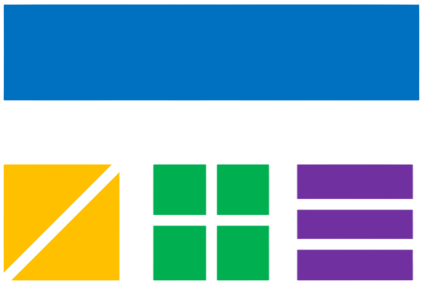House Affordability Calculator Information
What is House Affordability?
The House Affordability Calculator helps you determine how much house you can afford based on your financial situation. It considers your income, existing debt, down payment, and other factors to provide a realistic estimate of your home-buying budget.
How the 28/36 Rule Works
The calculator uses the 28/36 rule, a widely accepted guideline in mortgage lending:
- 28% Rule: Your monthly housing costs (mortgage, taxes, insurance) should not exceed 28% of your gross monthly income.
- 36% Rule: Your total monthly debt payments (including housing) should not exceed 36% of your gross monthly income.
Key Factors Considered
- Annual Income: Your gross annual income before taxes and deductions.
- Monthly Debt Payments: Credit cards, car loans, student loans, and other recurring debt payments.
- Down Payment: The amount you can pay upfront (typically 3.5% to 20% of home price).
- Interest Rate: Current mortgage interest rates affect your monthly payment.
- Property Taxes: Annual property tax rate in your area.
- Homeowners Insurance: Annual insurance premium as a percentage of home value.
- Private Mortgage Insurance (PMI): Required if down payment is less than 20%.
How House Affordability Is Calculated
The calculator determines your maximum affordable home price using the 28/36 rule and current market conditions:
- Gross Monthly Income = Your annual income divided by 12
- 0.28 = 28% rule for housing costs
- Maximum Monthly Housing Payment = Maximum you should spend on housing
- 0.36 = 36% rule for total debt
- Maximum Total Debt Payment = Maximum for all debt including housing
- Monthly Payment Factor = Factor based on interest rate and loan term
- Maximum Home Price = Highest price you can afford
Example: $60,000 annual income, $500 monthly debt, 4% interest rate, 20% down
You can afford a home up to $275,000
Understanding Your Results
- Maximum Home Price: The highest price you should consider based on your finances.
- Monthly Mortgage Payment: Your estimated monthly payment including principal, interest, taxes, and insurance.
- Down Payment Amount: How much you'll need to save for your down payment.
- Debt-to-Income Ratio: Your total debt payments as a percentage of income.
Tips for Home Buyers
- Save for a larger down payment to reduce monthly payments and avoid PMI.
- Pay off high-interest debt before applying for a mortgage.
- Consider additional costs like maintenance, utilities, and HOA fees.
- Get pre-approved for a mortgage to know your exact budget.
- Factor in closing costs (typically 2-5% of home price).
- Build an emergency fund before buying a home.
- Consider your long-term financial goals and job stability.
Additional Costs to Consider
- Closing Costs: 2-5% of home price (appraisal, title insurance, etc.)
- Moving Expenses: Professional movers, new furniture, etc.
- Home Maintenance: 1-4% of home value annually
- Utilities: Higher than renting, especially for larger homes
- Property Taxes: Vary by location and property value
- Homeowners Association (HOA): Monthly or annual fees if applicable
- Emergency Repairs: HVAC, roof, plumbing, electrical issues
Frequently Asked Questions (FAQ)
Q: Should I use the maximum amount I can afford?
A: No, it\'s better to buy below your maximum to leave room for emergencies, savings, and lifestyle changes. Consider buying at 80-90% of your maximum.
Q: How does my credit score affect affordability?
A: Higher credit scores typically qualify for lower interest rates, which increases your buying power. Lower scores may result in higher rates or loan denial.
Q: What if I have irregular income?
A: Lenders typically use your average income over the past 2 years. If your income varies significantly, use a conservative estimate for planning.
Q: How much should I save for a down payment?
A: Aim for 20% to avoid PMI, but 3.5-10% is possible with FHA or conventional loans. The larger your down payment, the lower your monthly payment.
Important Disclaimers
Disclaimer: This calculator provides estimates for educational purposes only. Your actual affordability may vary based on your credit score, lender requirements, property location, and other factors.
Always consult with a mortgage professional for personalized advice. This calculator does not account for all possible costs, fees, or special circumstances that may apply to your situation.
Market conditions, interest rates, and lending standards change frequently and may significantly impact your actual buying power and loan approval.
